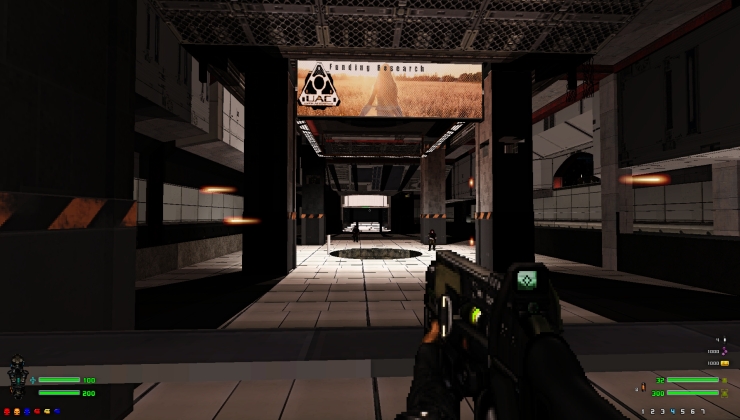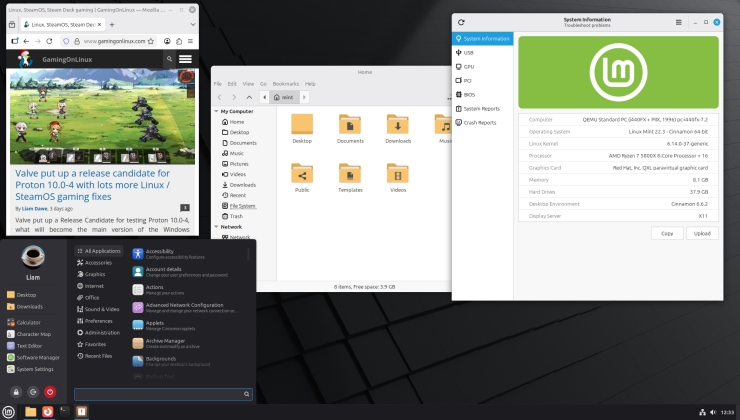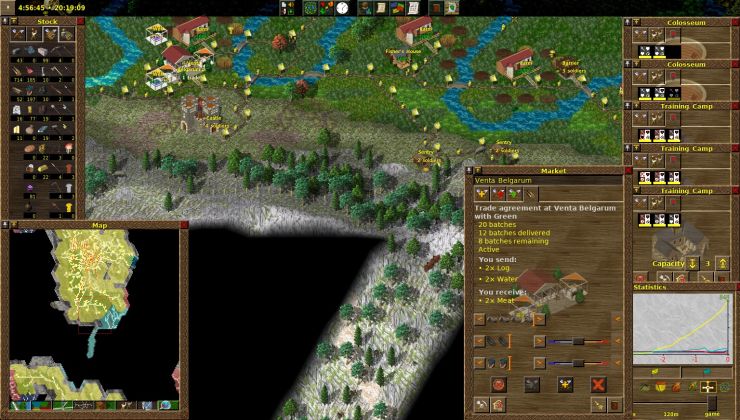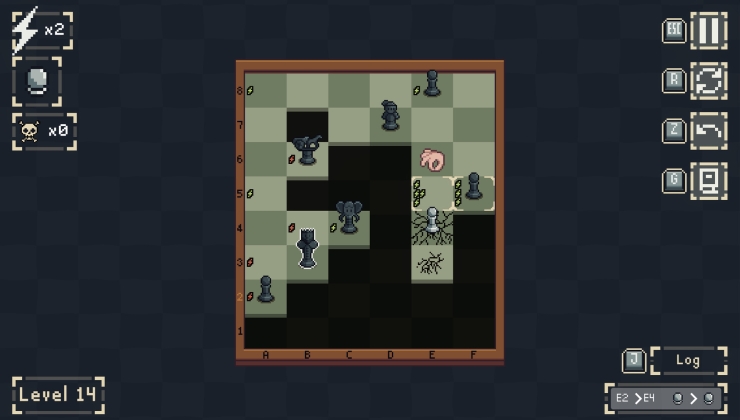How to Install COSMIC Desktop on Ubuntu 24.04 (PPA)
 Want to run COSMIC desktop on Ubuntu 24.04 LTS? A new (unofficial) PPA makes it easy to. Follow the steps in this guide, learn about the caveats and how to 'undo'.
Want to run COSMIC desktop on Ubuntu 24.04 LTS? A new (unofficial) PPA makes it easy to. Follow the steps in this guide, learn about the caveats and how to 'undo'.
You're reading How to Install COSMIC Desktop on Ubuntu 24.04 (PPA), a blog post from OMG! Ubuntu. Do not reproduce elsewhere without permission.
 Elementary OS 8.1 is out with Wayland enabled by default, new apps, animations and eye candy. Based on Ubuntu 24.04.3 LTS with Linux 6.14.
Elementary OS 8.1 is out with Wayland enabled by default, new apps, animations and eye candy. Based on Ubuntu 24.04.3 LTS with Linux 6.14. .
. .
. .
. .
. .
. .
. .
.